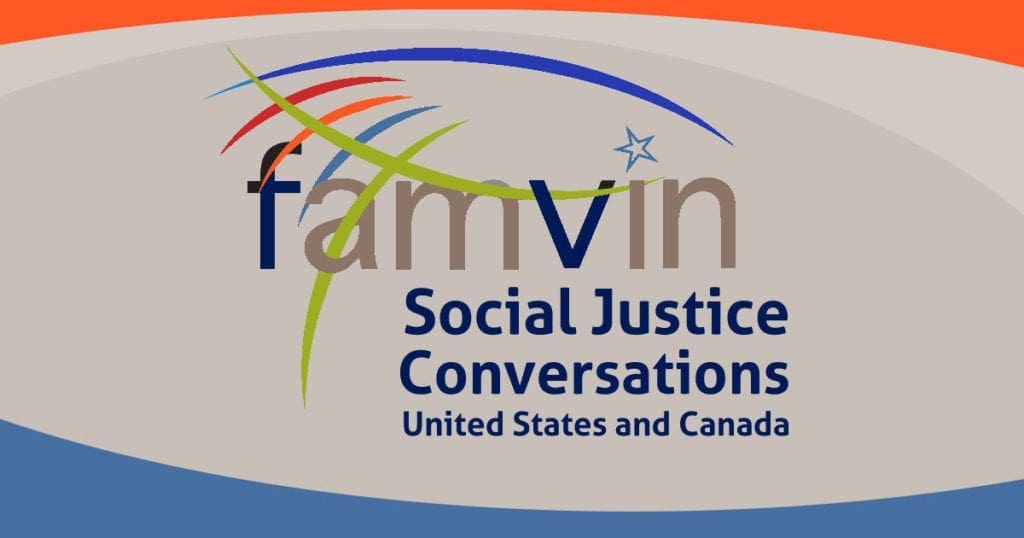World Day of the sick is February 11. Started by Pope John Paul II, it is a way for believers to offer prayers for those suffering illnesses and their caregivers. Pope Francis’ message reflects in particular on those who have suffered, and continue to suffer, the effects of the worldwide coronavirus pandemic. Pope Francis states, “When our faith is reduced to empty words, unconcerned with the lives and needs of others, the creed we profess proves inconsistent with the life we lead. The danger is real. That is why Jesus uses strong language about the peril of falling into self-idolatry. He tells us: “You have but one teacher and you are all brothers. He writes, “Jesus invites us to stop, listen, and establish a direct and personal relationship with others, to feel empathy and compassion, and to let their suffering become our own as we seek to serve them (Lk 10:30-35).”

This pandemic has exposed an abundance of disparities in each of our lives, our communities, our world, and in healthcare. Race, age, gender and genetics impact an individual’s health and are mostly, out of our control. A person could argue that good health and well-being are personal and are the responsibility of the individual. This is partially true and yet there are many social, environmental, and economic factors that contribute good health and well-being.
It is clear that any solution requires going beyond health care boundaries. This is affirmed when we examine the sustainable development goals (SDGs). Goal 3 highlights good health and well-being. Yet, it must be complemented by the remainder of the SDGs if we are to decrease any health disparities. In other words, we must also have the systems view of what needs to be improved upon. Whether a professional in healthcare or not, Christ’s love invites each to service and systemic change as Vincent would ask nothing less.







0 Comments